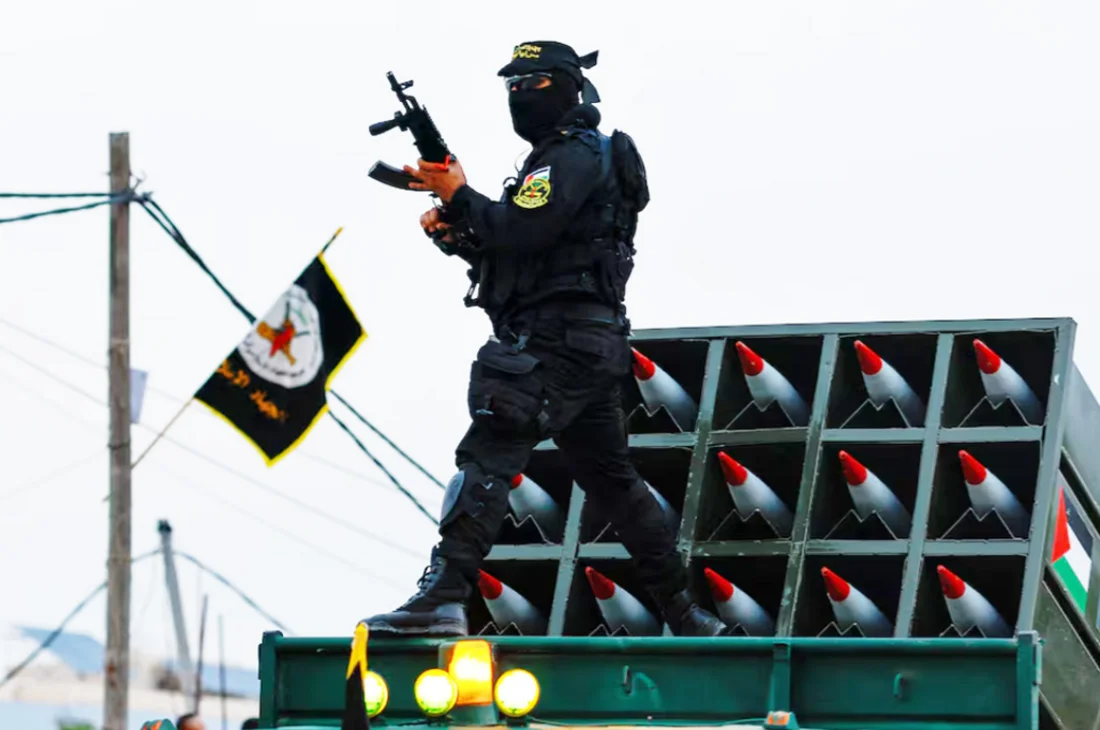Featured
article
- Get link
- X
- Other Apps
Gaza Militants Fire Rockets Into Israel Amid Escalating Conflict

In a tense escalation of the ongoing conflict, Gaza militants from the Palestinian Islamic Jihad group launched a barrage of rockets into Israel on Monday. This move came as Israeli tanks continued their advance deeper into Gaza, intensifying the fighting in the region.
The armed wing of Islamic Jihad, an Iranian-backed ally of Hamas, stated that the rocket attacks were in response to “the crimes of the Zionist enemy against our Palestinian people.” Fortunately, the volley of approximately 20 rockets caused no casualties, according to the Israeli military.
Despite Israel’s offensive aimed at neutralizing threats, militants in some parts of Gaza persistently target Israeli forces in areas previously vacated by the army. On Monday, Israeli tanks extended their incursions into the Shejaia suburb in eastern Gaza City for a fifth consecutive day. Additionally, tanks advanced further in western and central Rafah, near the border with Egypt.
As the conflict continues, casualties mount, and the heavily built-up coastal enclave lies in ruins, the situation remains highly volatile. Israel has signaled that its operation in Rafah, meant to suppress Hamas, will soon conclude. After this intense phase of the war, Israeli forces plan to focus on smaller-scale operations to prevent Hamas from reassembling.
The conflict began when Hamas-led fighters infiltrated southern Israel in October, resulting in significant loss of life and hostages taken back into Gaza. Israel’s counteroffensive has been devastating, with both combatants and civilians affected. The situation remains precarious, and international attention remains fixed on the region as tensions persist.
Popular Posts
Trump's Six Words: "I'm Going to Stop the Wars"
- Get link
- X
- Other Apps
Smart Savings for a Sharp School Start: Canadian Parents’ 2025 Guide
- Get link
- X
- Other Apps



Comments
Post a Comment